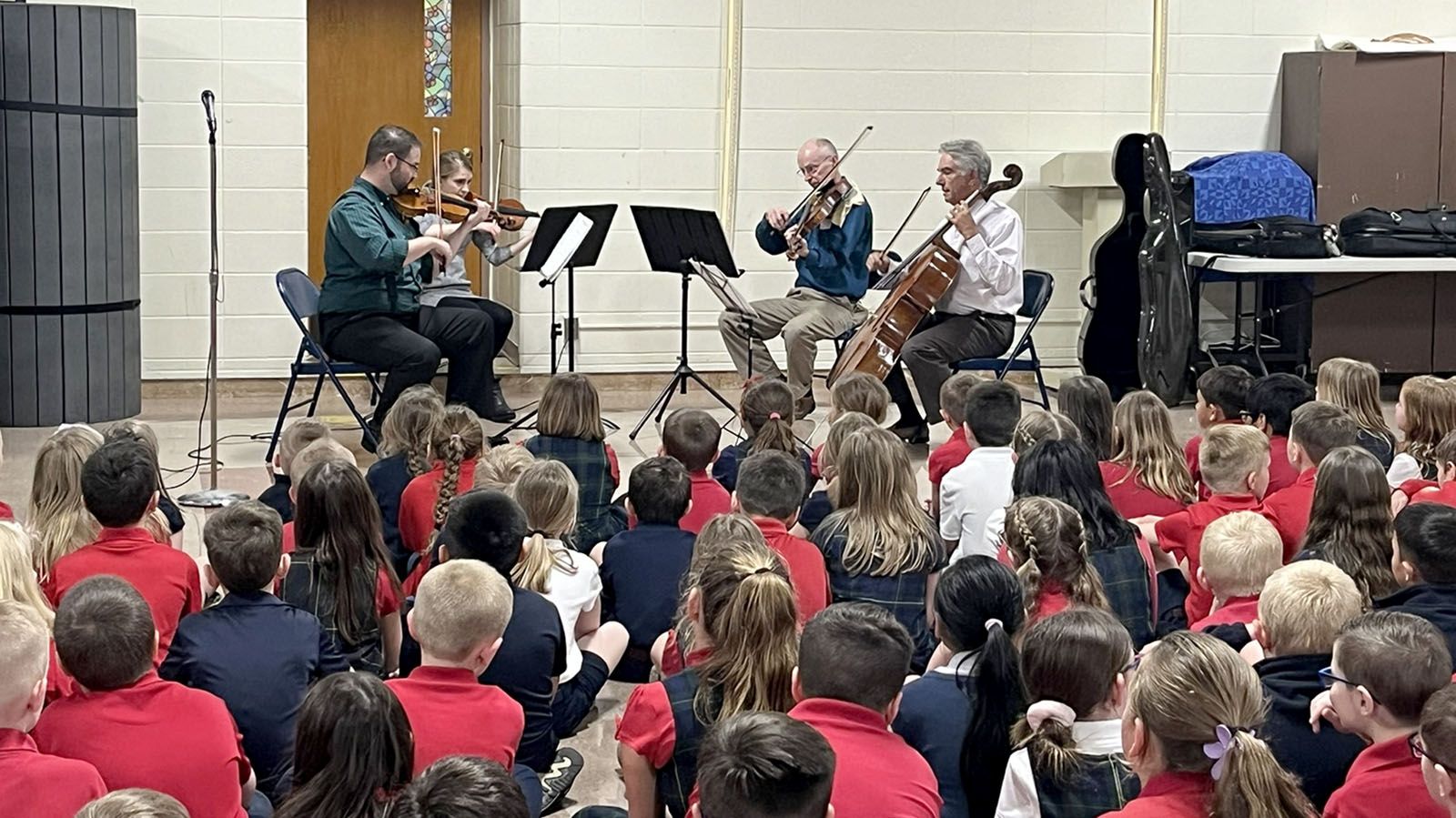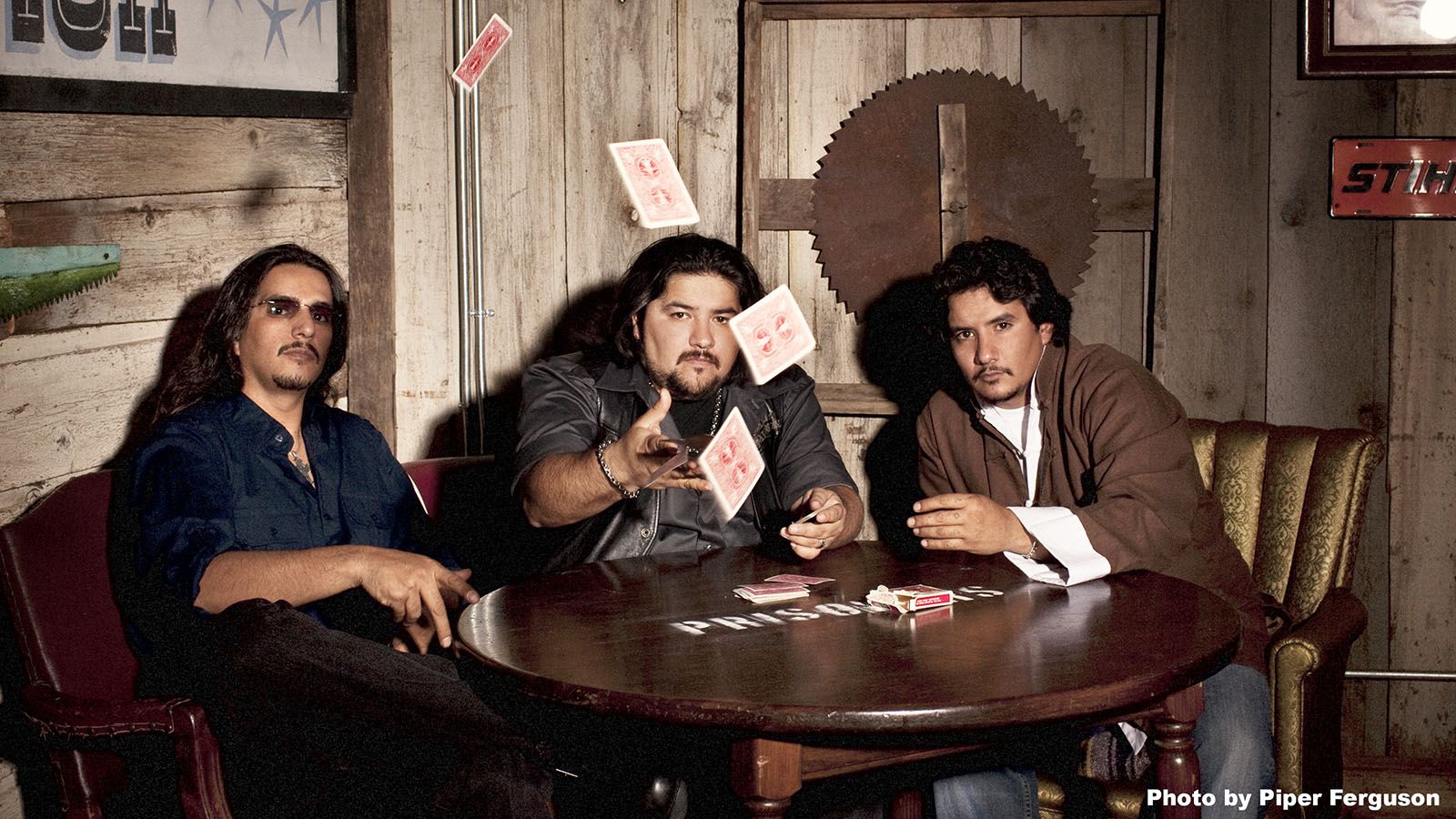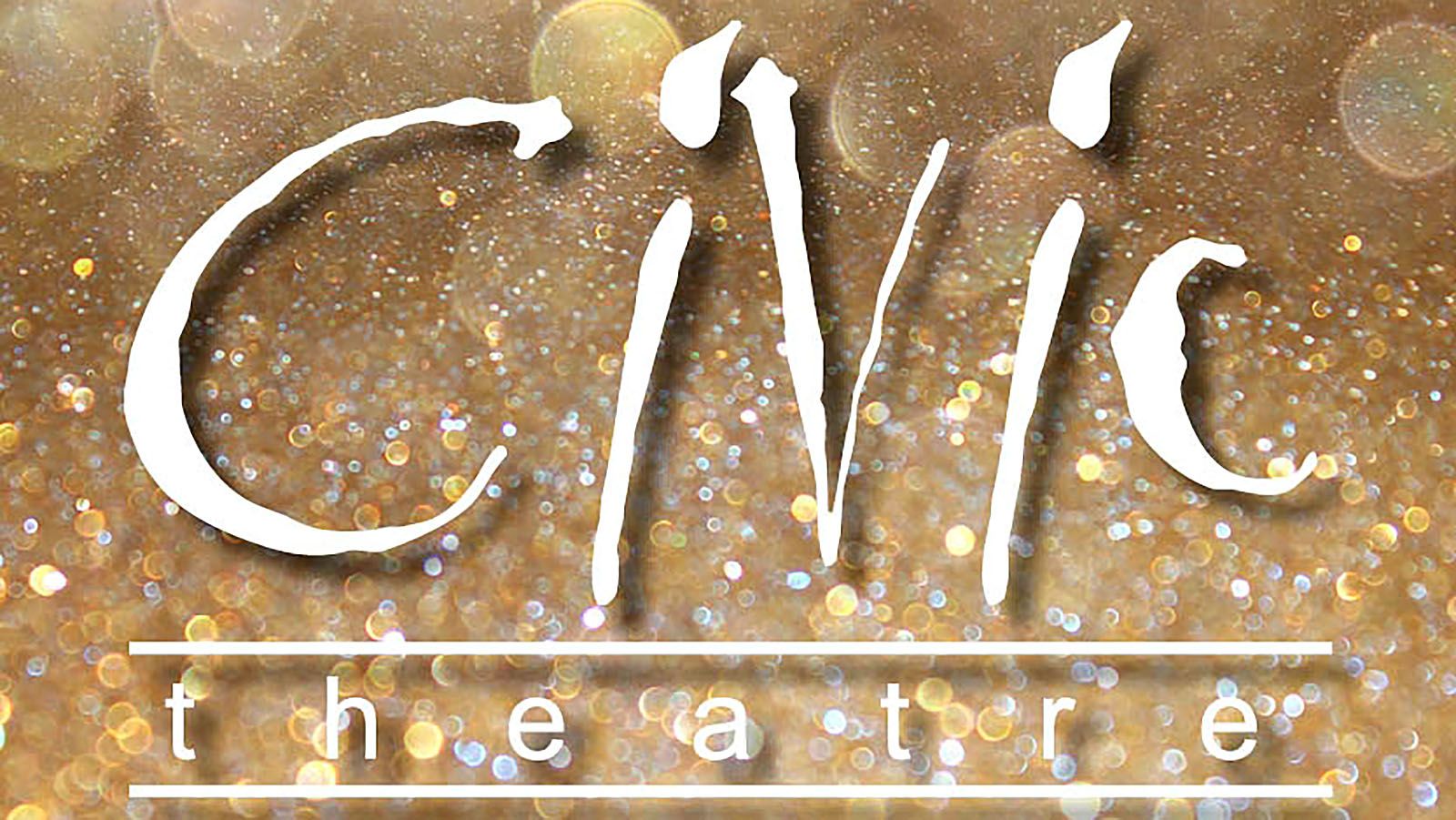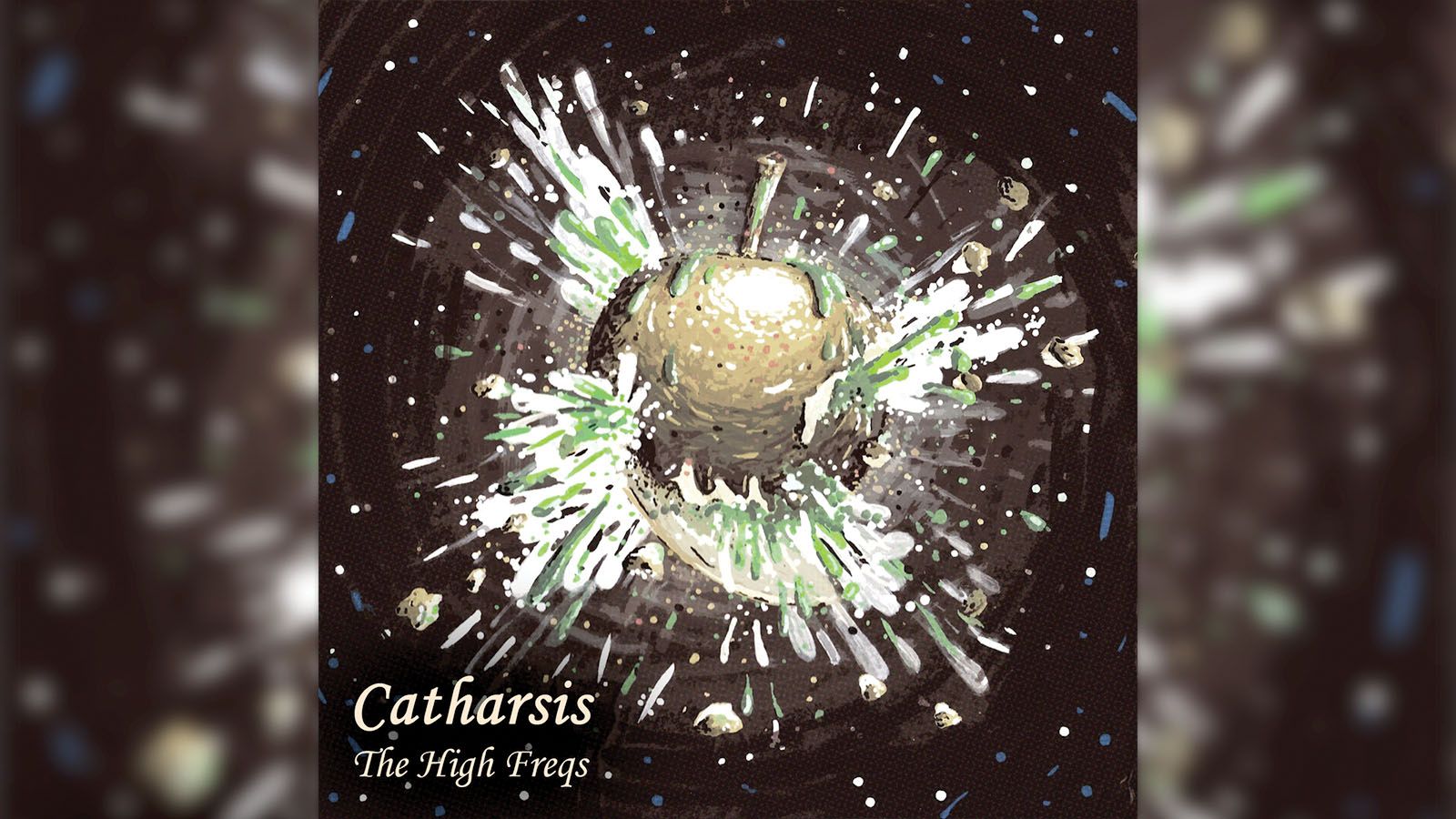You love the Fort Wayne Philharmonic Orchestra for their massive productions, where 65-100 amazingly skilled musicians perform their classical Masterworks concerts, their Holiday Pops, and live accompaniment to films like Raiders of the Lost Ark and Elf.
For these, the orchestra charges admission.
But a story seldom told (to an excellent, evolving soundtrack) is about the Philharmonic’s free concerts of small chamber groups.
The 45 full-time staff musicians in the Philharmonic make up 11 chamber groups of two to five players. Under the Philharmonic’s Community Engagement program, between them, they perform around 300 free concerts a year, in Fort Wayne and throughout an 11-county region: Adams, Allen, DeKalb, Huntington, Kosciusko, LaGrange, Noble, Steuben, Wabash, Wells, and Whitley. They’re out every week from September to May.
Fort Wayne Philharmonic Chamber
Wayne Street Strings
10 a.m. Wednesday, Feb. 12
Crescendo Coffee & More
1806 Bluffton Road, Fort Wayne
Free · (260) 481-0770
The Resonators: Carnival of Animals
7 p.m. Thursday, Feb. 13
Wells County Public Library
200 W. Washington St., Bluffton
Free · (260) 824-1612
Wayne Street Strings
Noon Thursday, Feb. 20
Union Street Market, Electric Works
1622 Broadway, Fort Wayne
Free · (260) 481-0770
Many of these concerts are educational, in public and private schools, retirement homes, and nursing homes, and those are not open to the public.
But the chamber groups also give free family concerts open to the public, in coffee houses, community centers, YMCAs, and public libraries.
Coming soon to a spot nearby, you can get up close and personal with the Freimann String Quartet, Calhoun Brass Quintet, String Duo, Harrison String Quintet, West Central Winds Quintet, Wayne Street String Quartet, Meadowlark String Quartet, Wind Quintet, Violin Duo, Resonators Quintet, and the newest group, the Back Row Trio.
Engaging with community
The quieter, more intimate music chamber groups play on these gigs is lighthearted and entertaining, breezy and jazzy, with clever arrangements of popular pieces from the contemporary down through music history. Most of these concerts are 44 minutes flat.
At these shows, you get a true sense of the individual contribution of each woman and man in the group, playing together, taking a solo here or there. It’s a refreshing counterpoint to those massive stage events where conductor Andrew Constantine leads 65 players in creating walls of sound from the likes of Mahler or John Williams.
“Community engagement is our way of providing multiple touchpoints with our musicians and individuals all over northeast Indiana,” said Erin Bean, director of community engagement for the Philharmonic. “We seek to keep a pulse on what’s going in the area in order to remain current and relevant and involved in what our community cares about.
“The mission of the Philharmonic specifically talks about instilling the love of music through performing and educational experiences. That’s a driving force behind what engagement does. We look to consistently bring music to the community in a variety of opportunities, and we’re always looking for ways to connect with new audiences.”
Upcoming free chamber music concerts that are open to the public are being announced all the time. To stay current, check fwphil.org/events and follow the Fort Wayne Philharmonic on Facebook and Instagram.
Growing orchestra
Bean is proud to point out the Philharmonic’s commitment to chamber music is unusual. Better-known orchestras more often put their sole focus on the full orchestra masterworks concerts.
“For us, we want (our full-time musicians) to be out and performing as much as possible because they are the heart and the soul of the organization,” Bean said.
Adrian Mann, principal bassist, joined the Philharmonic in 1973 when they had only 18 full-time professional musicians. When they gave concerts, the majority were temps and substitutes; it had been that way for decades.
Mann explained the business model changed in the 1980s, with a large endowment from the estate of former Magnavox CEO Frank Freimann, who died in 1968.
The rationale for expanding the roster to 45 tenured, salaried musicians was the creation of the chamber groups and the community engagement program. It’s “putting a more personal face on the Philharmonic musicians,” Mann said.
While most Philharmonic chamber groups have a traditional lineup, Mann writes arrangements for two none-of-the-above ensembles. His own group, The Resonators features harp, two percussionists, violin, and bass. The Back Row Trio is another bassist, percussion, and trombone. This is where classical music can get weird and whimsical in Fort Wayne.
Serving seniors, children
The larger part of the Philharmonic community engagement is serving seniors and students.
Bean explained the Philharmonic performs in 26 different senior care communities and nursing homes. This is in partnership with Audiences Unlimited Inc., a local nonprofit group that sends professional musicians and music therapists to work with seniors.
“We have, at the beginning of the year, a ensemble training seminar where we talk to the musicians about different practices in how to best serve the senior audiences, how to serve the children in schools,” said Luke Fitzpatrick, the Philharmonic’s principal flute player and community engagement and education specialist. “In terms of the repertoire, musicians are responsible for coming up with that themselves. But we have an ensemble manual, which gives a lot of guidelines as to how to craft a show that is age-appropriate for kids.”
Fitzpatrick takes great pride in describing the program that his group, West Central Winds, brings to school kids. They developed a “choose your own adventure” game where the kids are in charge of creating a story by picking the characters, the places they go around the world, and the things they do. With each choice, the group belts out a different musical motif from a cartload of sheet music.
Every session in the classroom creates a unique mash-up of musical expression.
Make a donation
The Philharmonic’s community engagement concerts are free, but please remember: These are professional musicians, and paying their salaries depends not only on corporate sponsors, grants, and endowments, but also on donations from fans.
The Philharmonic is a nonprofit performing arts group in service to the community. So, when you go to a free concert, consider what enjoying the music is worth to you and make a donation at fwphil.org or speak with their staff after a show.
It’s all about bringing the music to the people and keeping it coming year after year.
 Submit Your Event
Submit Your Event




